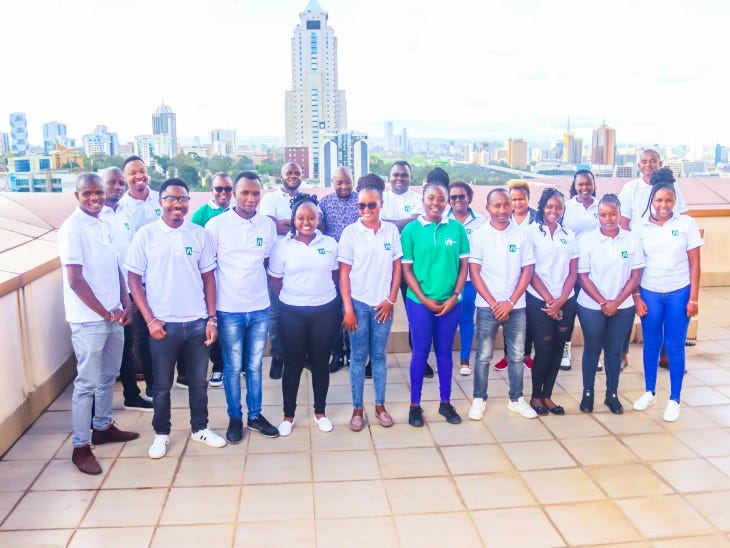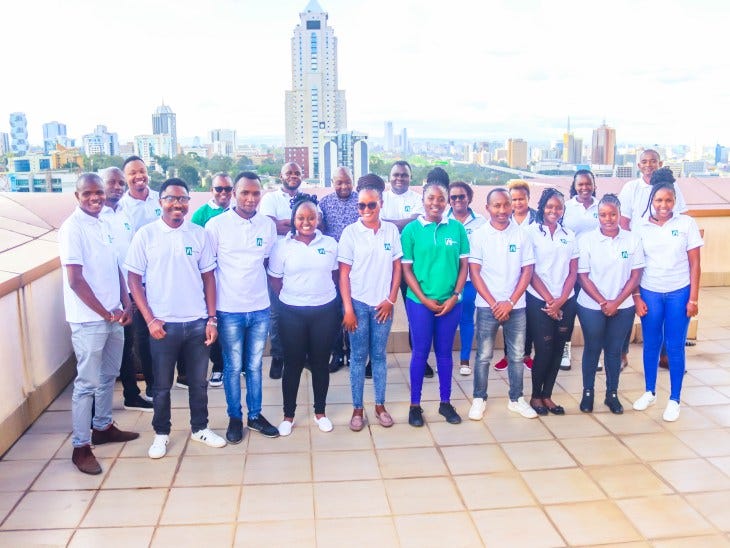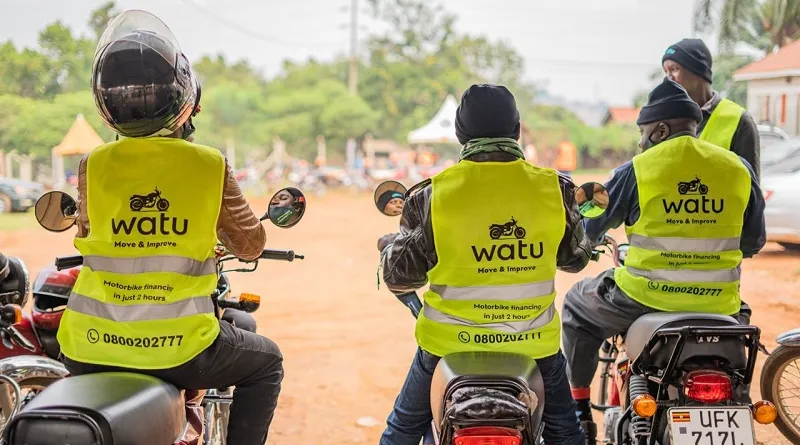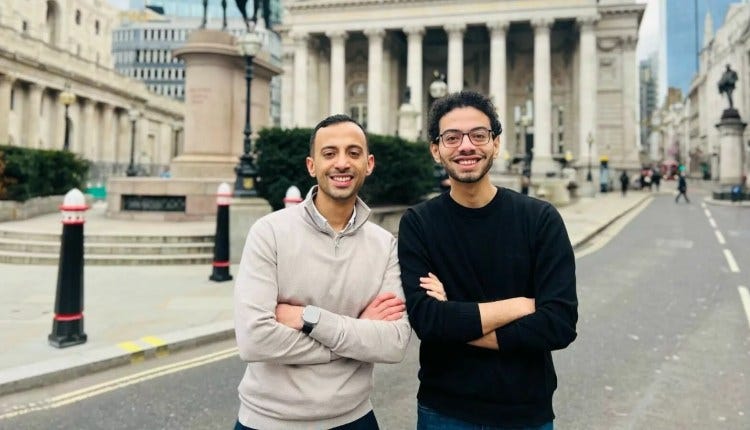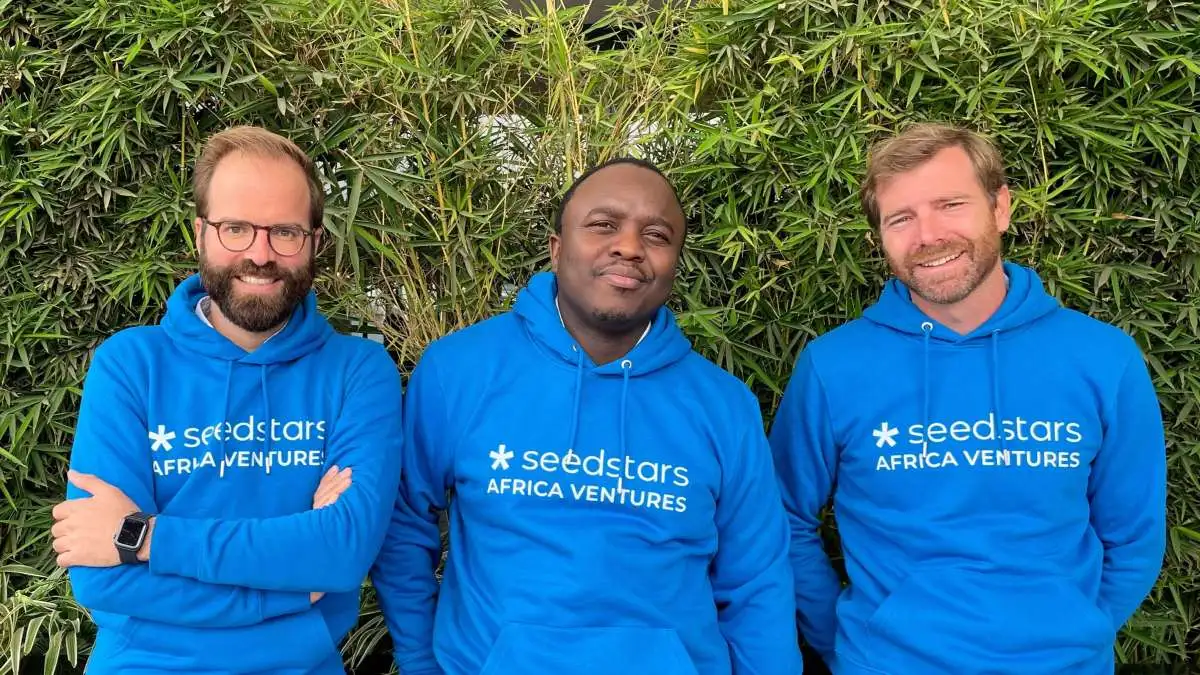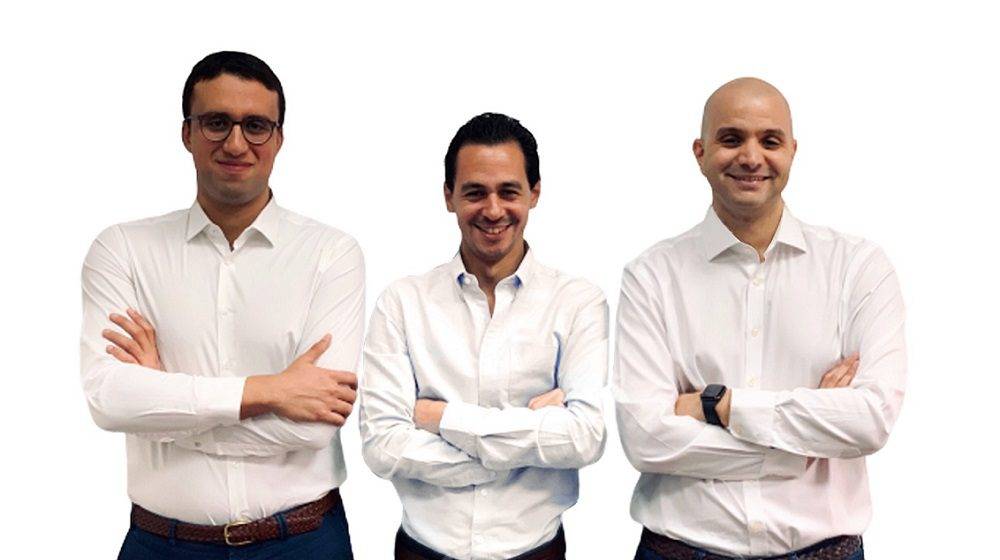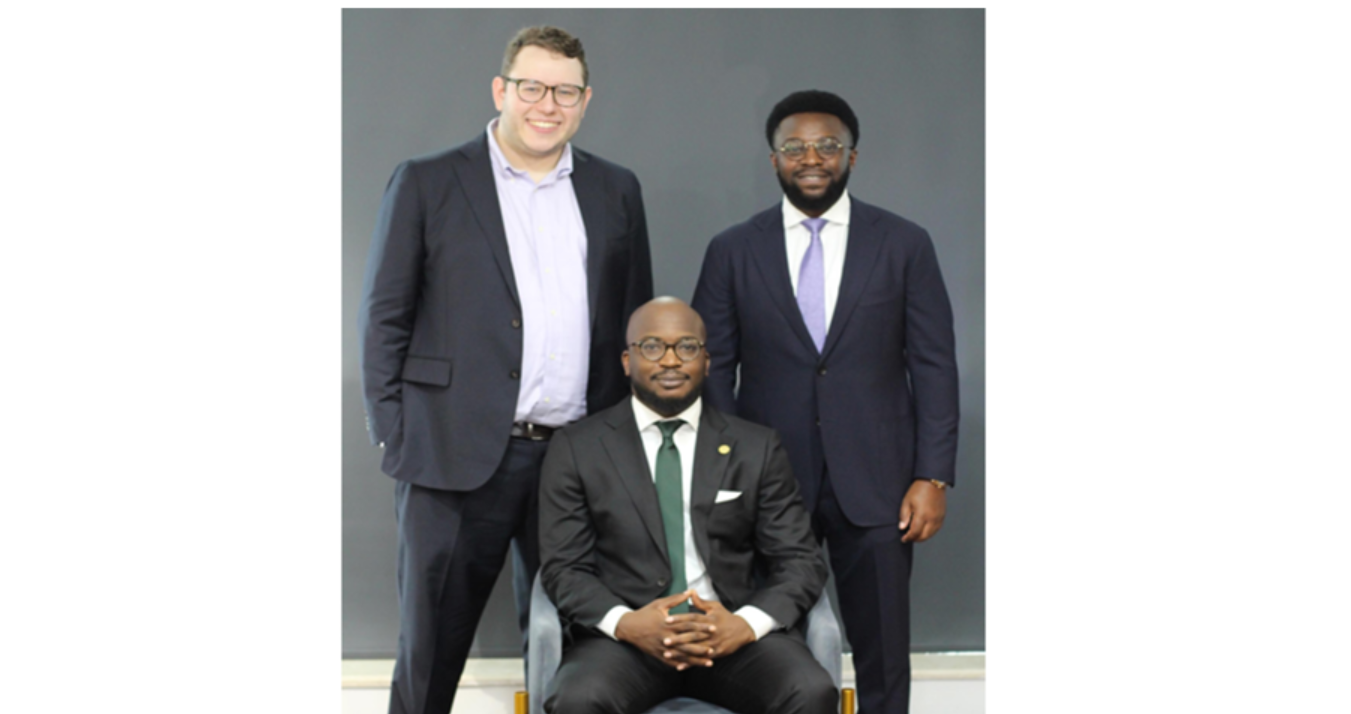Egyptian Edtech Edura Poised for Growth After Pre-Seed Funding Round
Egypt-based Edtech, Edura, has successfully concluded an undisclosed pre-seed funding round, spearheaded by Smart Zone Startups Studio and supported by angel investors. The funding will propel Edura’s mission to revolutionize education by connecting teachers and students through interactive lessons, offering a blend of traditional and modern learning methods.
Founded in 2021 by visionary entrepreneur Osama Abdelwahed, Edura has quickly gained traction as a pioneering educational platform. It facilitates a dynamic exchange between educators and learners through live or recorded interactive lessons, coupled with innovative features such as online assessments and recorded student evaluations.
Edura’s commitment to safeguarding the intellectual property of educators while delivering a superior learning experience has set it apart in the competitive Edtech landscape. The platform caters to a diverse range of educational levels, serving over 190,000 students and hosting more than 10,000 events, exams, and activities.
Eng. Osama Abdelwahed, Co-founder and CEO of Edura, emphasized the platform’s role in addressing the challenges posed by the COVID-19 pandemic. “The education sector underwent a transformative shift in 2020, and Edura emerged to bridge the gap between traditional and modern teaching methods. We provide an interactive environment that fosters connections between students and teachers, ensuring a professional and high-quality educational experience. Our goal is to equip teachers with the necessary tools to replicate real-world lectures within virtual classrooms.”
The undisclosed pre-seed funding round signifies a pivotal moment in Edura’s journey. The capital injection will be instrumental in expanding the platform’s capabilities, strengthening its operational infrastructure, and fostering research and innovation in educational technology.
Edura has already made substantial strides, delivering over 7,000 educational lectures in 2023 with the collaboration of more than 2,400 registered teachers on its platform. The funding will empower the company to reach even greater heights, investing in the enhancement of its customer base and forging strategic partnerships.
As Edura sets its sights on the future, the company aims to solidify its position as a leading force in the Edtech space, creating a lasting impact on the educational landscape in Egypt and beyond.

Charles Rapulu Udoh is a Lagos-based lawyer, who has several years of experience working in Africa’s burgeoning tech startup industry. He has closed multi-million dollar deals bordering on venture capital, private equity, intellectual property (trademark, patent or design, etc.), mergers and acquisitions, in countries such as in the Delaware, New York, UK, Singapore, British Virgin Islands, South Africa, Nigeria etc. He’s also a corporate governance and cross-border data privacy and tax expert. As an award-winning writer and researcher, he is passionate about telling the African startup story, and is one of the continent’s pioneers in this regard.


